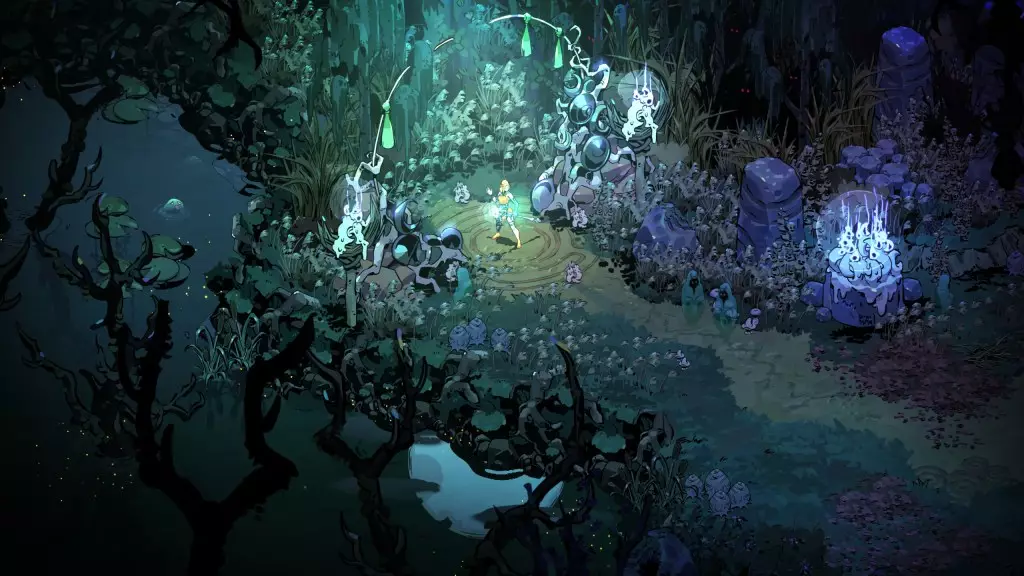Supergiant Games has cultivated a distinctive reputation in the gaming industry, celebrated for its immersive storytelling and distinctive art styles in titles such as Bastion, Transistor, and the Hades series. The studio’s commitment to narrative depth is not merely superficial; it extends to the casting and engagement of voice actors, who become integral to the characters they portray. For Supergiant, this process includes not only voice acting but also a collaborative relationship with talent that can evolve over time. However, recent developments surrounding labor disputes threaten to challenge this foundation.
The SAG-AFTRA strike, which has been ongoing since August, has placed significant pressure on studios and talent alike. The strike arose from calls for enhanced protections against AI technologies, particularly regarding their implementation in the context of voice acting. As companies increasingly look to reduce costs, the risk of AI replacing human voices has become a pressing concern for actors. Marin M. Miller, a voice actor associated with the Hades franchise, recently added their voice to the growing clamor for change. They suggest that studios like Supergiant might be sidestepping union protocols by opting to replace actors during this contentious period.
In light of Miller’s statements, Supergiant Games quickly issued its own rebuttal, firmly stating that it would not recast voice roles nor implement AI to supplant human talent. The studio’s commitment to its actors is evident in their public denouncement of AI-driven replacements, emphasizing a desire to maintain the authenticity that voice acting brings to their games. However, the ambiguity surrounding the negotiations between Miller and the studio raises questions about the studio’s internal decision-making processes. Despite Supergiant’s assurances, the lack of clarity invites skepticism about their commitment toward union contracts and protections.
The challenges posed by the strike and subsequent labor negotiations spotlight a larger issue faced by the gaming industry: the balance between innovation and the preservation of artistic integrity. As studios explore new technologies that could potentially streamline production, the risk of diminishing the human aspect of storytelling becomes clearer. The reliance on voice actors is not merely about filling roles; it is about breathing life into characters and experiences that resonate with players. The ongoing dispute serves as a reminder that behind every beloved game is a team of dedicated individuals whose futures hinge on negotiations happening outside the spotlight.
As discussions continue, the outcome of the SAG-AFTRA strike could significantly alter the landscape of video game development moving forward. The potential ramifications of integrating AI into voice acting and narrative design could either revolutionize the industry or erode the very essence of what makes gaming a unique medium. Supergiant Games, along with many other studios, must navigate this delicate situation with a balancing act of innovation and respect for the artists who contribute so profoundly to the art of storytelling in games. The resolution of these disputes will be crucial not just for voice actors, but for the integrity of the gaming industry as a whole.


Leave a Reply